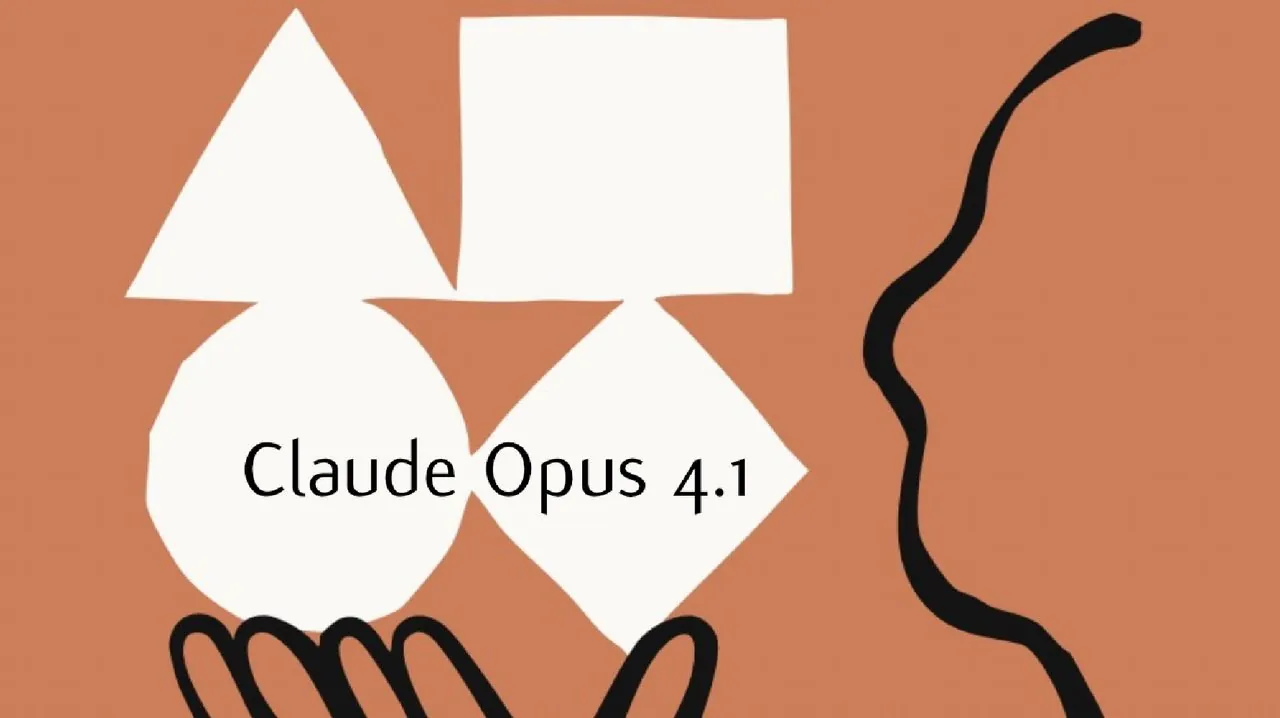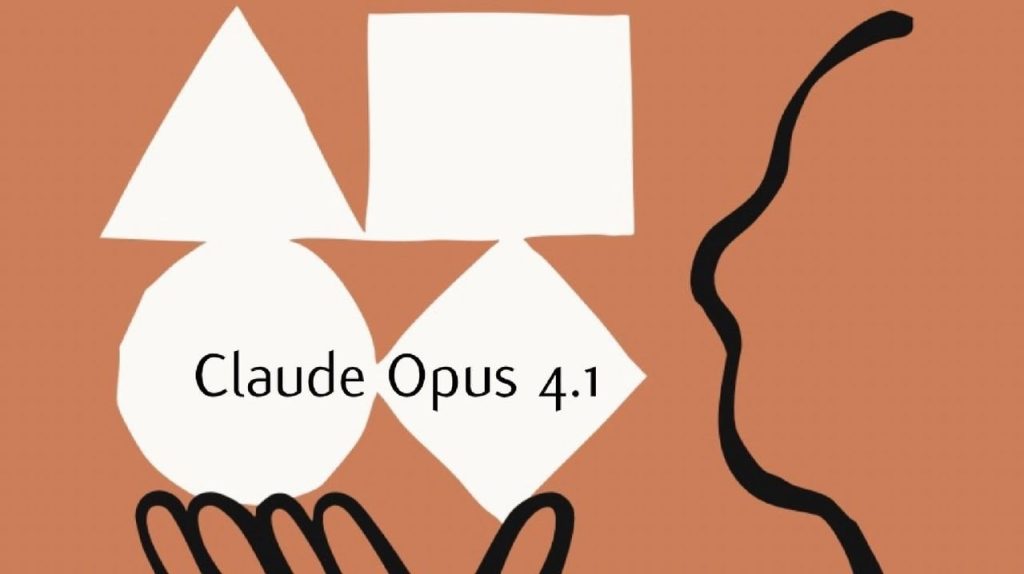
What if your AI assistant could not only understand complex problems but solve them with graduate-level precision? That’s the promise of Claude Opus 4.1, the latest iteration of Anthropic’s innovative AI model. In a world where artificial intelligence is reshaping industries at breakneck speed, Claude’s newest update stands out by pushing boundaries in reasoning, multilingual capabilities, and even coding. Imagine an AI that not only deciphers intricate datasets but also writes cleaner code, manages multi-step tasks with surgical precision, and speaks your language—literally. With Opus 4.1, Anthropic isn’t just refining its technology; it’s redefining what AI can do in real-world applications.
In the video below Matthew Berman provides more insights into the fantastic upgrades that make Claude Opus 4.1 a standout in the competitive AI landscape. From its enhanced ability to tackle complex programming challenges to its improved performance in multilingual processing, the update promises to elevate productivity across industries. But it’s not just about technical benchmarks—this version also highlights the growing pains of innovative AI, revealing areas where even the most advanced systems still fall short. Whether you’re a developer, data analyst, or simply curious about the future of AI, this exploration of Claude Opus 4.1 offers a nuanced look at how technology is evolving to meet the demands of an increasingly complex world.
Key Innovations in Claude Opus 4.1
TL;DR Key Takeaways :
Claude Opus 4.1 introduces significant advancements in reasoning, coding, task execution, multilingual processing, and data analysis, enhancing its versatility across industries.
Key updates include improved accuracy in complex problem-solving, refined coding abilities, advanced data analysis, and upgraded multilingual translation and question-answering capabilities.
Performance benchmarks show notable improvements in software engineering, command-line proficiency, and visual reasoning, though some areas like agentic tasks require further refinement.
Claude Opus 4.1 competes effectively with leading AI models like OpenAI’s GPT-4 and Google’s Gemini 2.5 Pro, excelling in technical benchmarks while identifying areas for growth in reasoning and math tasks.
Anthropic plans to address current limitations and expand features in future updates, making sure Claude remains a competitive and reliable tool in the evolving AI landscape.
Claude Opus 4.1 introduces a series of updates designed to improve its functionality and user experience. These enhancements include:
Enhanced Reasoning: The model demonstrates improved accuracy in handling complex, graduate-level questions, making it a reliable resource for solving sophisticated problems.
Refined Coding Abilities: Developers benefit from enhanced support for intricate programming tasks, allowing streamlined workflows and reduced error rates.
Improved Task Management: Claude excels in executing multi-step processes with precision, making sure detailed instructions are followed efficiently.
Advanced Data Analysis: The model identifies meaningful patterns within large datasets, offering valuable insights for professionals in research, finance, and business intelligence.
Upgraded Multilingual Processing: With improved translation accuracy and question-answering capabilities, Claude now supports a broader range of languages more effectively.
These updates make Claude Opus 4.1 a versatile tool for users across diverse industries, from software development to data-driven decision-making, enhancing productivity and precision.
Performance Benchmarks: Evaluating Claude Opus 4.1
The performance of Claude Opus 4.1 is reflected in its benchmark results, which highlight both its strengths and areas for improvement:
SWEBench (Software Engineering): Improved from 72.5% to 74.5%, showcasing stronger technical capabilities for developers.
Terminal Bench (Command-Line Proficiency): Increased from 39.2 to 43.3, reflecting enhanced handling of command-line tasks.
GPQA Diamond (Graduate-Level Reasoning): Achieved a modest gain, rising from 79.6 to 80.9, demonstrating incremental progress in reasoning tasks.
Visual Reasoning: Scores improved by 2.5 points to 78%, enhancing its utility for image analysis and design-related tasks.
Towbench (Agentic Tool Use): Mixed results, with retail task performance improving from 81.4 to 82.4, while airline-related tasks saw a decline from 59.6 to 56.
Multilingual Question Answering: Slightly increased from 88.8 to 89.5, indicating continued progress in language versatility.
These results highlight Claude’s growing capabilities while emphasizing areas where further refinement is needed, particularly in industry-specific agentic tasks.
Claude Opus 4.1 : Enhanced Multilingual and Coding Capabilities
Enhance your knowledge on Claude AI by exploring a selection of articles and guides on the subject.
Competitive Positioning in the AI Landscape
Claude Opus 4.1 competes effectively with leading AI models such as OpenAI’s GPT-4 (03) and Google’s Gemini 2.5 Pro. It outperforms these competitors in technical benchmarks like SWEBench and Terminal Bench, solidifying its reputation as a preferred choice for developers and technical users. However, it shows slight underperformance in areas such as graduate-level reasoning (GPQA Diamond) and high school math competition benchmarks, indicating opportunities for further development.
The competitive nature of the AI industry underscores the importance of continuous improvement. Even incremental advancements can significantly influence a model’s standing. Claude’s ability to excel in specific areas while maintaining strong overall performance ensures its relevance in a crowded and dynamic market.
Strengths and Future Directions
Claude Opus 4.1 is particularly valued for its agentic coding capabilities, making it an essential tool for developers managing complex, multi-step tasks. Its advancements in multilingual processing and data analysis further broaden its appeal, catering to a wide range of applications across industries.
Anthropic has announced plans for future updates aimed at addressing current limitations and introducing new features to expand the model’s capabilities. These developments will be critical as the AI landscape continues to evolve, making sure Claude remains a reliable and versatile tool for users navigating increasingly complex challenges.
As industries demand more sophisticated AI solutions, Claude Opus 4.1’s ongoing evolution positions it as a key player in meeting these needs, offering practical applications and benefits across diverse fields.
Media Credit: Matthew Berman
Filed Under: AI, Technology News, Top News
Latest Geeky Gadgets Deals
Disclosure: Some of our articles include affiliate links. If you buy something through one of these links, Geeky Gadgets may earn an affiliate commission. Learn about our Disclosure Policy.

